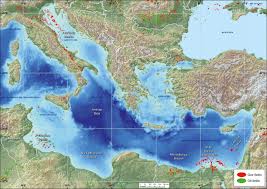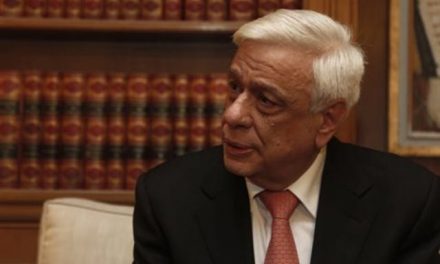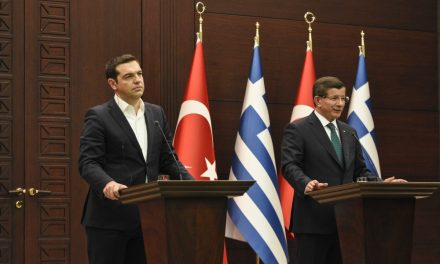By Dr Charles Ellinas, Natural Gas Europe
In recent conferences in Istanbul (the Atlantic Council Summit), and Tel-Aviv that Turkey expects to obtain 10-12bcm/y of gas from the East-Med for its future needs.
That was before the recent incident and the standoff between Turkey and Russia. As a result of this Turkey is now looking for alternative gas supplies, including the East-Med to lessen dependence on Russia. It has, for example, signed preliminary agreements to import gas from Qatar and Kurdistan.
Should “Cyprob” be resolved, Israel and Cyprus jointly can supply more than 20bcm/y to Turkey, should this be acceptable and provided the price is right. And markets and prices matter, given the glut of oil&gas now in the global markets.
Following Egypt’s decision to freeze talks to buy natural gas from Israel, after the ruling by the International Chamber of Commerce Court of Arbitration awarding Israel Electric $1.76 billion in compensation for the halt in the supply of gas from Egypt in 2011, Israel responded in various ways. The Energy Minister Yuval Steinitz said, “Whatever happens, Israel must rapidly develop the gas fields that it has discovered to ultimately achieve a reasonable degree of energy independence. So we will continue moving forward with energy export options, not only with Egypt but other countries in the region such as Jordan, Greece and Turkey, and even with countries in Western Europe.”
Also with regards to Turkey, Israel’s Prime Minister Benjamin Netanyahu revealed: “My personal representative is in touch with a senior representative of the Turkish government, and the possibility of exporting Israeli gas to Turkey was raised. The interests are clear and wide-ranging. All the interest in us and the joint interests vanish if we do not export. Exports are a major and important element in safeguarding the country’s interests in its foreign relations in general.” Netanyahu also asserted at the Jerusalem Post Diplomatic Conference late November that Israel is looking to better relations with Turkey.
Further, Yossi Cohen, the new head of the Mossad intelligence service, signalled that the suspended relations with Turkey would be amended: “Israel’s place in the Middle East is increasingly challenged, and it will be reinforced by cooperation with our neighbors, particularly Egypt, Jordan, Cyprus, Greece and Turkey. It is in our interest to forge strategic economic relationships with these states.”
After these positive signs by Israel on possible improvements in Turkish-Israeli relations and gas trade, a Turkish Presidential spokesman also signaled on Wednesday a possible gas trade and restart of relations between the two countries, but only if Israel fulfilled Turkey’s conditions.
This was the subject of an article in Turkish newspaper Daily Sabah on 9 December, with the headline “Israeli gas likely option for Turkey if demands met.”
The article went further to say that Israel has so far fulfilled only one of the three conditions set by Turkey for normalization of relationships, when it apologized for the Mavi Marmara incident. The other two conditions are compensation for the Mavi Marmara and lifting the embargo on Gaza. The Turkish Presidential spokesman said that there is no possibility of bridging relations with Israel unless it meets Turkey’s demands.
But the Daily Sabah went on to write that the rift between Turkey and Russia, the war in Syria, and Turkey’s quest to obtain alternative gas supplies to Russian gas, may now help Turkey and Israel open a new era. The energy issue seems to be a common ground for Israeli and Turkish interests.
For this to happen it requires resolution of Cyprob, as a pipeline from Leviathan to Turkey will have to pass through Cyprus’ EEZ. If this happens it may open-up Israeli gas exports to Turkey, possibly also including gas from the Aphrodite gas field going through the same pipeline. But this should not end-up being the only option as it could make future negotiations very one-sided.



















